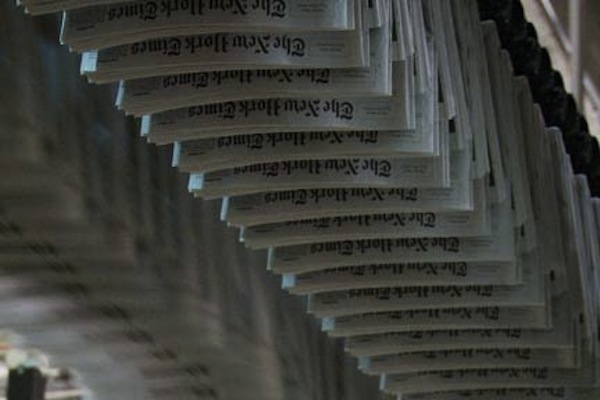 If falling in love is as terrifying as I think it is, then Jane Eyre must truly be the greatest love story ever told. Only here, betwixt the tangled trees of gothic dreams, inside the castle walls of estates so elaborate they could only be hiding the furies of a feverish youth—only here, in the creaking hollows of Thornfield Hall, could the old souls of Jane Eyre and Edward Rochester honestly meet.
If falling in love is as terrifying as I think it is, then Jane Eyre must truly be the greatest love story ever told. Only here, betwixt the tangled trees of gothic dreams, inside the castle walls of estates so elaborate they could only be hiding the furies of a feverish youth—only here, in the creaking hollows of Thornfield Hall, could the old souls of Jane Eyre and Edward Rochester honestly meet.
Director Cary Fukunaga brings all the dirty, gritty, not-so-pretty stuff of Charlotte Bronte’s gothic romance to the screen, without losing the lust for a loving resolution that inspires us all to keep watching. The film, dark and beautiful as its subject matter, lures us with charms we hardly recognize. Like Rochester himself, the truth is a bit of an asshole. And it is only by patience, pain, and personal sacrifice that we will ever come to know it.
Jane Eyre is a story that can only improve with age. It is not timeless; rather, it is draped in layers of time that we can scarcely imagine, and with each new reinvention and with every new heart reached, it grows more true and more tempting and more terrible. But we cannot help ourselves; we are in love.
(Are you in love with the latest Jane Eyre? Let us know! Vote here!)
From the obscurity of true love, to the love of obscure truth, this week the Cape Breton Island Film Series brings us a look at cold, hard facts and the people who check them with Page One: Inside the New York Times. This highly-anticipated documentary follows one of America’s most revered newspapers from the tail-end of 2009 through most of 2010, focusing on the colourful characters who sit at its media desk, where they fight to stay alive, and stay relevant, in the World Wild West of internet information.
The timing for the film could not have been better. In an explosive year for new media, Andrew Rossi’s observational lens captures the conversations and editorial meetings that are forced to address the truthiness of WikiLeaks, the insistence of Twitter and iPad apps, and to contend with a generation of under-30-somethings who believe that paper is wasteful and that news should be free. (But, shouldn’t it?)
What Page One won’t do is tell “our” side of the story: the thrilling democratization of free press journalism, the gonzification of traditional ethics, the everyday boundless wonders of the blogosphere. These will be footnotes supporting Rossi’s greater thesis, which will be that there is no greater comfort than having real, reliable news delivered straight to your doorstep for a reasonable monthly fee. What promises to be fascinating here is the play between new and old, invention and tradition, chaos and control, as we lurch ever-closer to a world that hardly needs us. This is why we will go see Page One—not to be reassured, but to be reminded of ourselves, and our precarious place in this strange new world.
Rossi will defend the power of the printed word to its inevitable death, and so he should. The filmmaker can certainly take a stronger position than we can—we, the free local entertainment guide that went online in 20— in an effort to stay alive in this post-print-apocalyptic era. We, who would still like to believe in the tradition of truth, a stable truth that can be committed to paper and fact-checked by unpaid interns who think there is actually a future for them in print journalism. We, who need to believe in something.
Page One promises to raise a lot of arguments—questions that may not have answers: Is print media a viable (read: profitable) business in the age of the internet and free information? What are the uncertain dangers of relying on a tradition that we have outgrown, and what are the certain dangers of leaving its ideals behind? How will we come to define truth, and what will those shifting definitions mean for code of ethics in the years to come? Will my Masters degree in English literature ever allow me to be more than an un(der)employed online film reviewer?
We hope to come a little closer to the truth tomorrow night, when Page One screens at Empire Theatre Studio 10 at 7pm. The film should be informative and highly intriguing. But hey, don’t take my word for it—come see for yourself!

